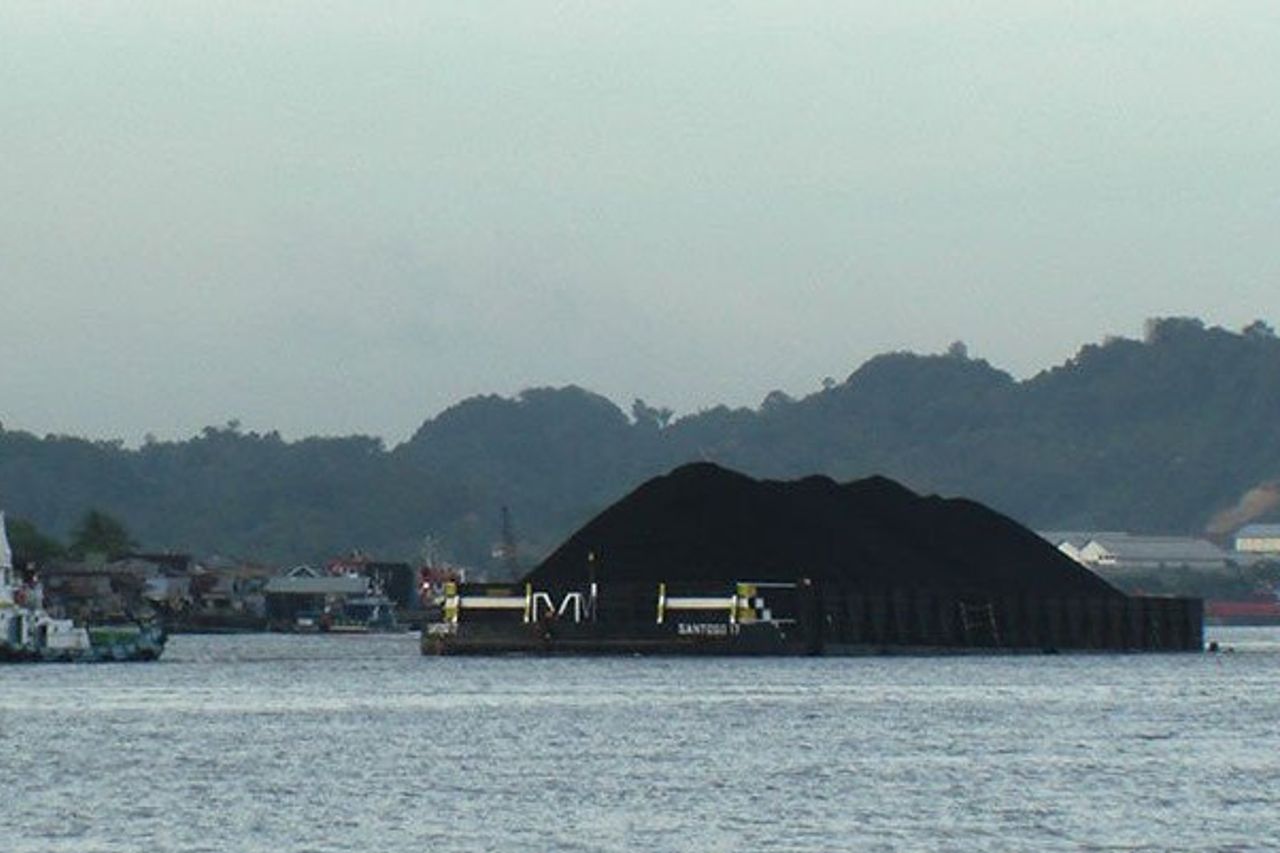Bumi Resources, A Company Owned By The Conglomerate Aburizal Bakrie, Contributes Rp9 Trillion In Non-tax Revenues, Bigger Than Freeport

JAKARTA - Two business units of PT Bumi Resources (BUMI), namely PT Kaltim Prima Coal and Arutmin Indonesia contributed royalties to Non-Tax State Revenue (PNBP) in 2020 amounting to Rp. 9 trillion from the mineral and coal sector (minerba).
"Mining companies can have a positive impact on the Indonesian economy. Apart from creating jobs, increasing the country's foreign exchange, it is also through the payment of PNBP," said Bumi Resources Director and Corporate Secretary Dileep Srivastava in Jakarta, quoted from Antara, Monday 31 May.
He added that the realization of these royalties plus additional taxes has made the company listed as one of the top 31 largest taxpayers in Indonesia.
According to him, the largest coal producer in Indonesia has recorded high royalties because each year it produces around 80-85 million tons or much higher than similar companies.
In comparison, currently the royalties paid by BUMI are much higher than those of PT Freeport Indonesia and other coal companies.
"This year, BUMI targets coal production to increase to 85-90 million metric tons," added Srivastava.
He also explained that the large contribution of coal to state revenue also exceeds other mining products such as nickel, zinc and gold.
This achievement can be seen from the amount of PNBP from the mineral and coal sector received by the government in 2020, namely Rp. 34.6 trillion, or exceeding the target of Rp. 31.41 trillion.
"Of this amount, around 85 percent comes from the coal sector, which is almost Rp. 30 trillion," he said.
On this occasion, he said BUMI will continue to be committed to supporting the government through the coal gasification program which is estimated to start in 2025.
The company will support gasification for the coal downstream project in 2023-2024 at the earliest.
The gasification project, which involves one of its subsidiaries, Arutmin Indonesia, is still in the pre-feasibility study stage, before starting operations in 2025.


